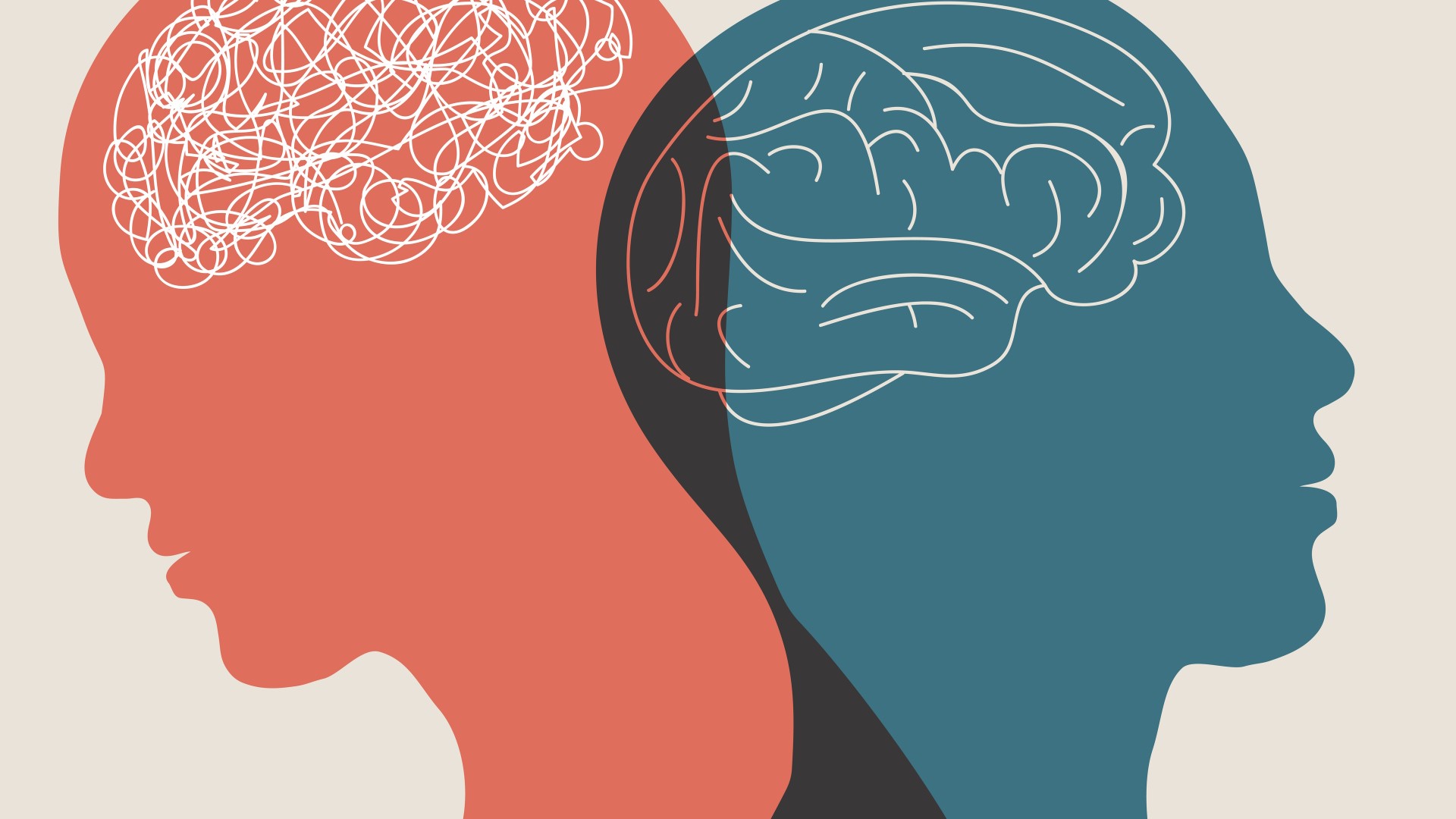MACON, Ga. — In our new series ‘Mental Health Mondays,’ we want to remind you that you’re not fighting your battles alone. One of the first steps to help you tackle this is learning how to take better care of yourself.
Every day, people go out into the world wearing a mask, but underneath that mask they’re dealing with real-life problems that are more familiar than they think.
"There were days and weeks where it was just really bleak,” said Marissa James.
James says May 2020 brought her many blessings, but also many challenges. She started her new job along with new classes during an earlier peak in the pandemic.
“It was just a lot. My classes were getting harder, it just got really busy at work. Anxiety was bad, I was depressed,” she said.
She eventually found a way to power through it.
“I pray a lot, which would help me and put a lot of things into perspective, which was important. Sometimes, I would get some fun take-out food and watch a movie. That would be my Friday night -- it would take my mind off of all the things that I had to do,” she said.
She also made sure to surround herself with positive people, even if it was virtually.
Piedmont Medical licensed therapist Bruce Conn says those are all great ways to cope with stress, especially during a time when many people feel disconnected.
“When we're isolated, our brains can go into some really dark corners... and that's not good,” said Conn.
Conn says isolation often leads to anxiety and depression.
“We have these systems that prepare us for stress, adrenaline... those things get us ready for whatever might be coming up and our bodies don't really tell the difference between life-threatening stress and psychological stress,” he said.
To prevent that from happening, you should prioritize self-care: Get outside, eat better, pay attention to your sleep and hygiene. Sometimes self-care feels selfish, but you have to take time for yourself to feel better.
Conn says the healing process will get easier over time if you stay intentional with what you do.

